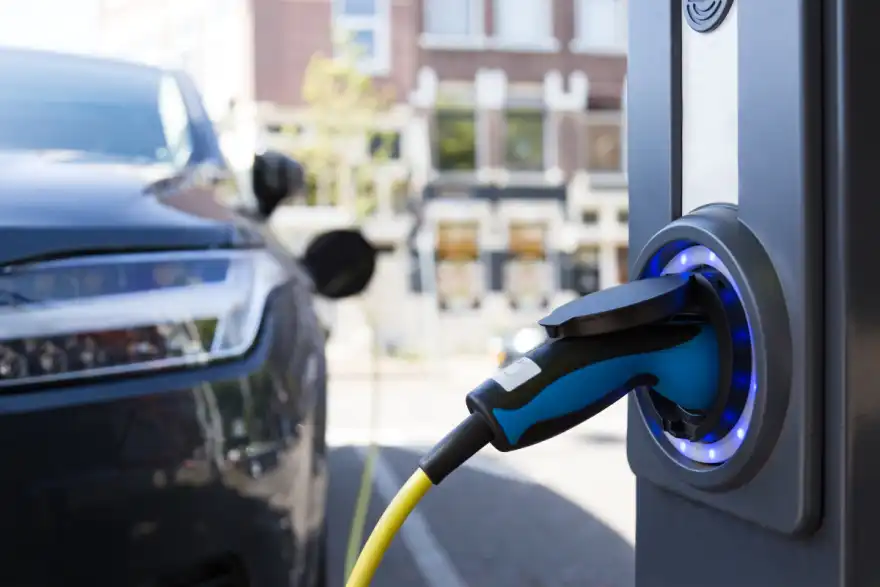
Are electric cars more prone to breakdowns than traditional internal combustion engine (ICE) vehicles? Recent data from UK breakdown provider, Start Rescue, has shattered this common myth. Contrary to popular belief, electric vehicles (EVs) are actually 59% less likely to require a breakdown call-out compared to their ICE counterparts.
Lee Puffett, Managing Director of Start Rescue, shares the surprising findings: “Our figures show electric cars ranging from new to 10-years old are 59% less prone to breakdowns than ICE cars,”
“This might surprise some motorists, but with more than a million EVs now on the UK’s roads it shows drivers can choose an EV confident that they are less likely to be stranded at the roadside.”
He added: “The hurdle to buying an EV of any age is more psychological than real for most buyers looking to make the switch from ICE to electric power. EV batteries are not like the ones in your mobile phone or laptop – they retain far more of their charge capacity to give you plenty of driving range. However, you still need to look after the 12-volt battery to avoid one of the most common causes of call-outs.”
According to Start Rescue's own data, EVs are less likely to suffer from a flat battery call-out than petrol or diesel cars. Flat battery issues account for 23.7% of EV call-outs, compared to 29.7% for traditional vehicles. Regular use helps maintain the 12-volt battery's condition, preventing breakdowns, as EVs rely on this system to open doors and start.
The data speaks volumes – electric cars are not only environmentally friendly but also more reliable on the road. As EV technology continues to advance, the shift from ICE to electric power becomes not just a green choice but a smart one for drivers seeking dependable and efficient transportation.




